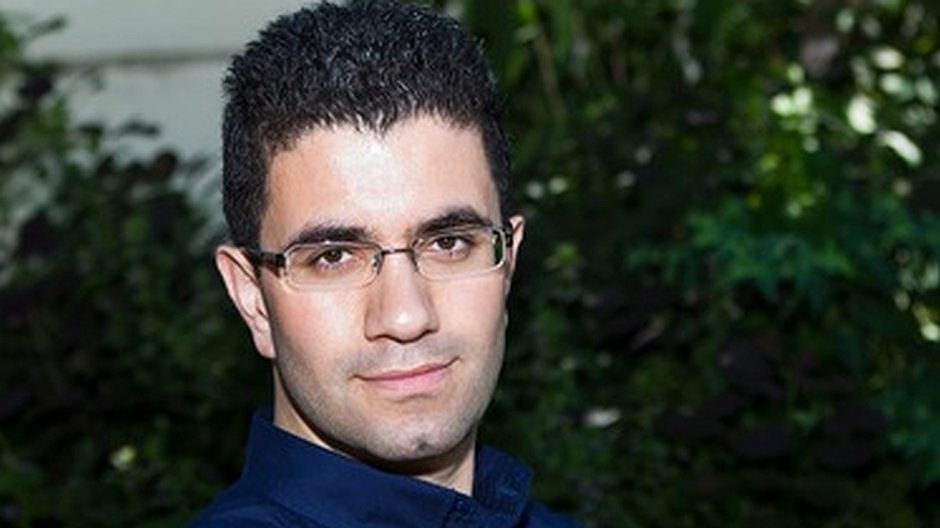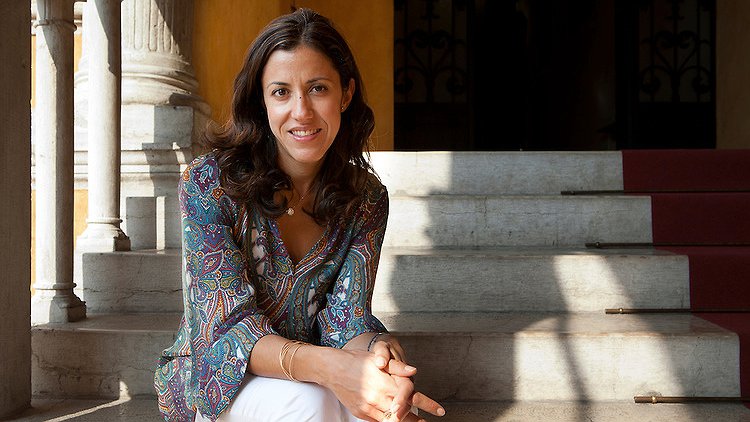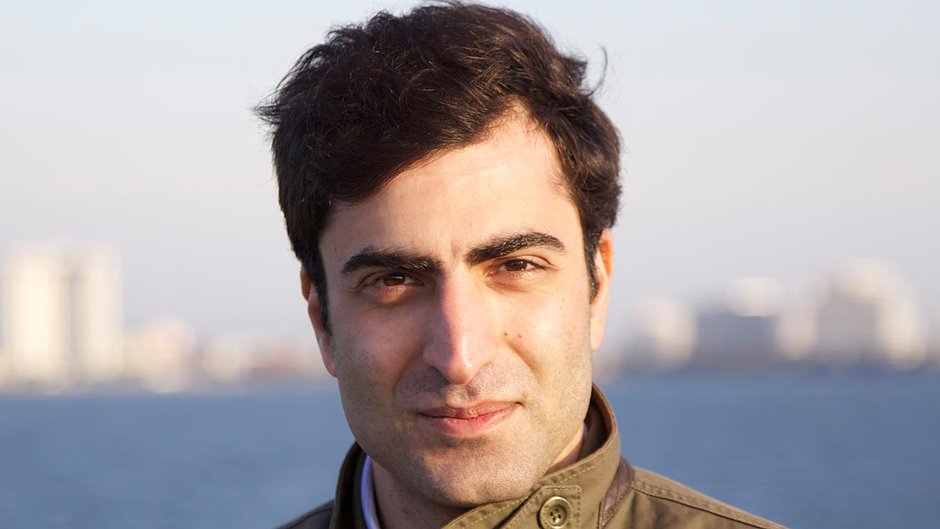Media
50 mins
Media match-making for freelance Iranian journalists
- Abstract:
- Finding and getting work in a new environment can be a stressful experience. This course will teach you how to navigate the Western media world – UK, US, international and online – with tips and techniques from some Iranian journalists living abroad.
- About this course:
- This course is designed for Iranian freelance journalists writing for the Western media market. It will teach you who might be interested in your work, what they want and how to contact them. You will also learn how to tailor your work to individual publications, what to look out for when researching the market, how to pitch your work and to whom and which frequently made mistakes you should avoid. The course will be taught by renowned Iranian journalists Bozorgmehr Sharafedin and Azadeh Moaveni who will accompany you through examples and interactive exercises.
- What do I learn:
- You will learn which publications want to work with Iranian freelancers and what stories interest them. You will also learn writing styles appropriate to different formats and markets, the importance of ethical guidelines and managing your contacts and how to avoid common mistakes in writing and pitching.
- What do I need to know:
- This course is suitable for those who already have a background and training in journalism and previous experience in Iran or elsewhere.
Trainers
- 1.1 Introduction1.2 Know your market!1.3 Iranian media vs western media1.4 Quiz
- 2.1 Know yourself!2.2 Role models2.3 Role models: Alireza2.4 Role models: Nargess2.5 Role models: Mohammad
- 3.1 Different Sections of a Newspaper3.2 Different sections: Azadeh Moaveni3.3 Different Sections3.4 Which format and style is right for me?3.5 Which format and style is for me: News3.6 Which format and style is for me: Opinion3.7 Which format and style is for me: Long format3.8 Which format and style is for me: UK, US, and Europe3.9 Spot the difference!
- 4.1 First Impressions4.2 First impressions – the importance of the first pitch4.3 Editorial and commissioning guidelines4.4 Who do you contact and how do you contact them?4.5 Pitching4.6 What should I say and how should I follow up? Part One: Bozorg4.7 What should I say and how should I follow up? Part Two: Azadeh4.8 What should I say and how should I follow up? Part Three: Jack
- 5.1 Are you ready to start?5.2 Top Tips and Useful Links5.3 Conclusion – top tips
Related courses

40 mins
 Rory Peck Trust
Rory Peck Trust
40 mins
 Rory Peck Trust
Rory Peck Trust
40 mins
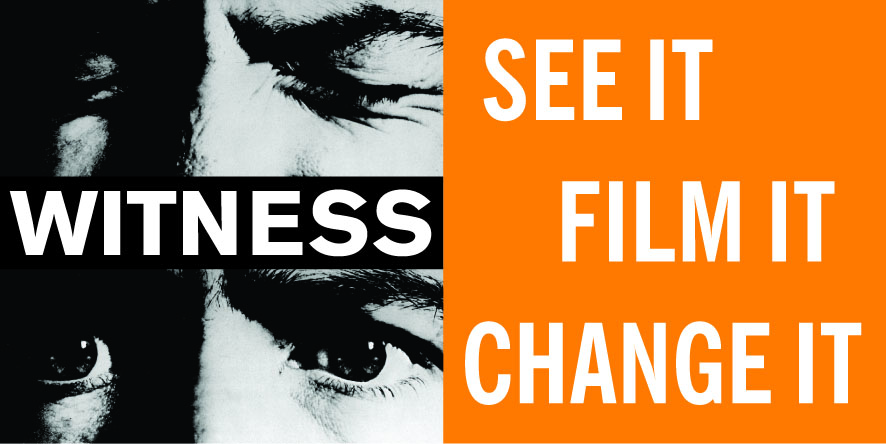 WITNESS
WITNESS
40 mins
 WITNESS
WITNESS
Suggested reading

Blog
Building Capacity for Monitoring & Documenting Human Rights Violations
The purpose of this assessment is to evaluate the efficacy of strategies used by HRPs/HRMOs for communicating during blackouts. The goal of this project envisages to see a ZimbabweanCivilSociety that is prepared to document and monitor human rights violations without hiccups during internet shutdowns.

Blog
Advocacy Assembly Internet Shutdown Academy: Creative Strategies to Fight Back
Internet shutdowns are occurring increasingly globally, posing significant threats to freedom of expression, access to information & economic growth. These shutdowns manifest in various forms through different technical measures & are implemented by governments in various circumstances. Responding to this threat of internet shutdowns, Advocacy Assembly designed the Internet Shutdown Academy, a set of 10 full online courses in 7 languages!
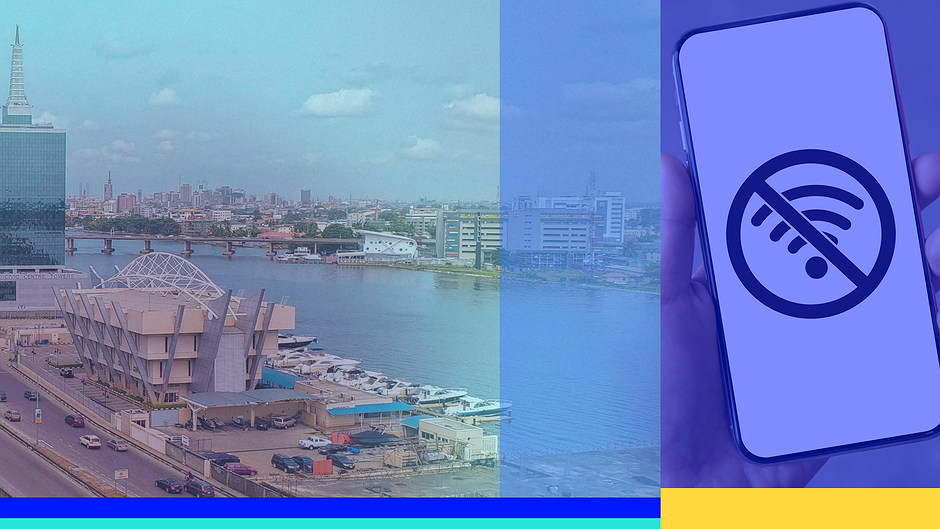
Blog
Evaluating the Efficacy of State-Imposed Telecom Shutdowns in Northwest Nigeria
This article casts doubt on the shutdowns' effectiveness in curbing banditry, exposing alternative explanations for any temporary decrease in attacks. It questions the legitimacy of justifying these shutdowns as effective counter-terrorism measures, advocating for alternative approaches that prioritize community engagement, human rights, and development initiatives to address the root causes of insecurity and foster lasting peace in Northwestern Nigeria and Nigeria at large.

Blog
Impact of the Twitter Ban in Nigeria
This post is a research study on the impact of the Twitter ban in Nigeria on Human Rights Monitoring, Advocacy and Creativity. Read more.
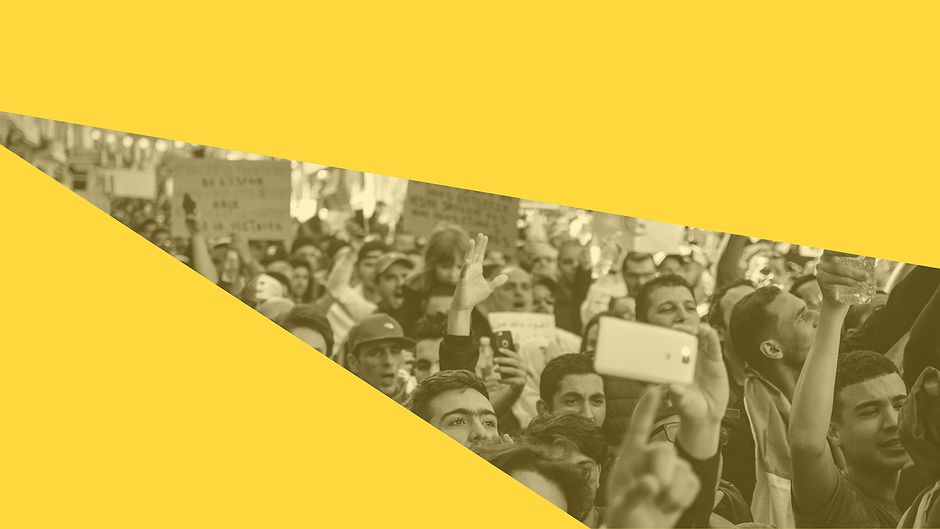
Blog
Four Free Toolkits to Fight Internet Shutdowns
Let’s tell you a little bit more about each toolkit!
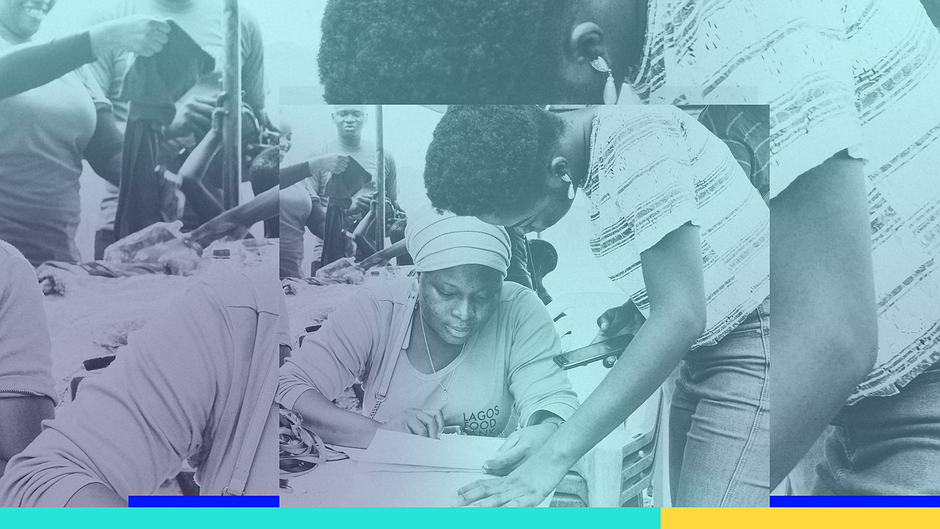
Blog
The Impact of Internet Disruptions on Farmers in Nigeria
In Nigeria’s Northwestern Sokoto State, farm workers grapple with geopolitical challenges, shifting climate realities, and economic turbulence. However, they now face a new, growing threat: a troubling rise in internet disruptions, which threatens their ability to work in an increasingly digitally connected world. Read more.
